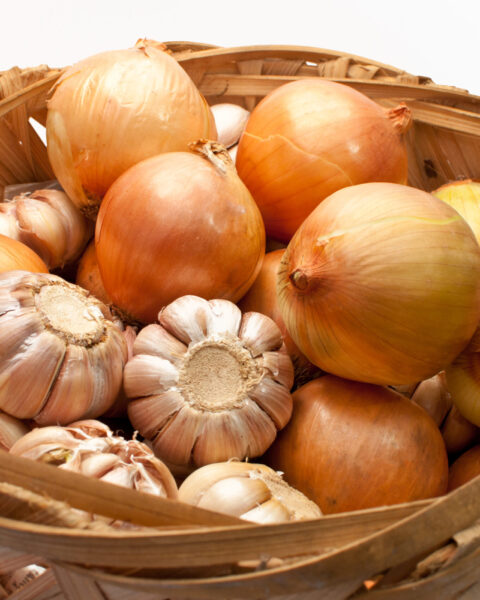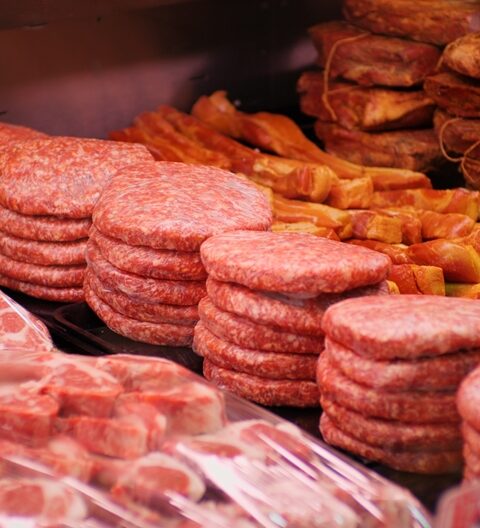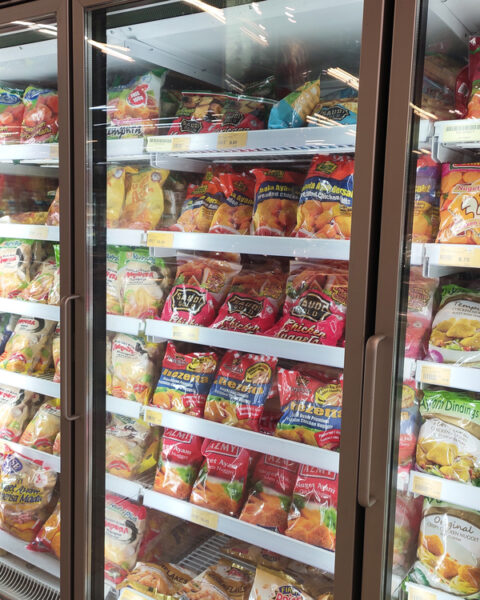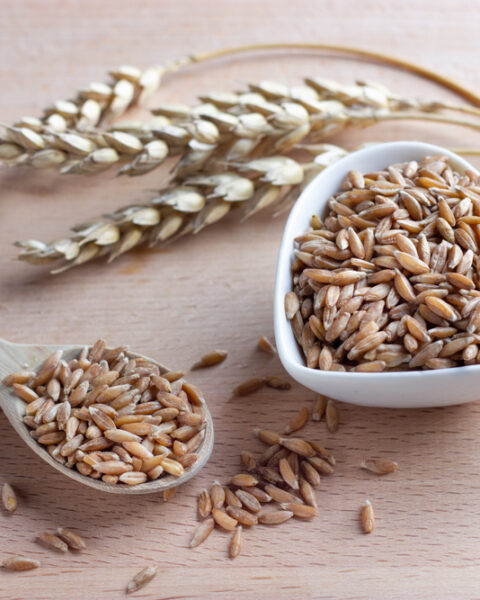There are so many myths about what we should and shouldn’t eat that it’s hard to know what’s true. These food myths can shape our eating habits in ways that aren’t necessarily healthy or based on facts. With so much information floating around, it’s easy to get confused about what’s really good for us. Understanding the truth behind these myths can help you make better choices for your health.
Contents
- 1 Fresh Fruits and Vegetables Are Healthier Than Frozen or Canned
- 2 All Fat is Bad
- 3 Organic Food is Always Healthier
- 4 Carbs are the Enemy
- 5 Eating After 8 PM Causes Weight Gain
- 6 You Should Avoid All Processed Foods
- 7 Skipping Meals is a Good Way to Lose Weight
- 8 You Can’t Get Enough Protein From Plant-Based Foods
- 9 Detox Diets Cleanse Your Body
- 10 All Protein Shakes are Healthy
- 11 A Gluten-Free Diet is Good for Everyone
- 12 More From RetailShout
- 13 11 Nostalgic Childhood Foods From Around The World
- 14 12 Creative Ways to Organize with Mason Jars
Fresh Fruits and Vegetables Are Healthier Than Frozen or Canned
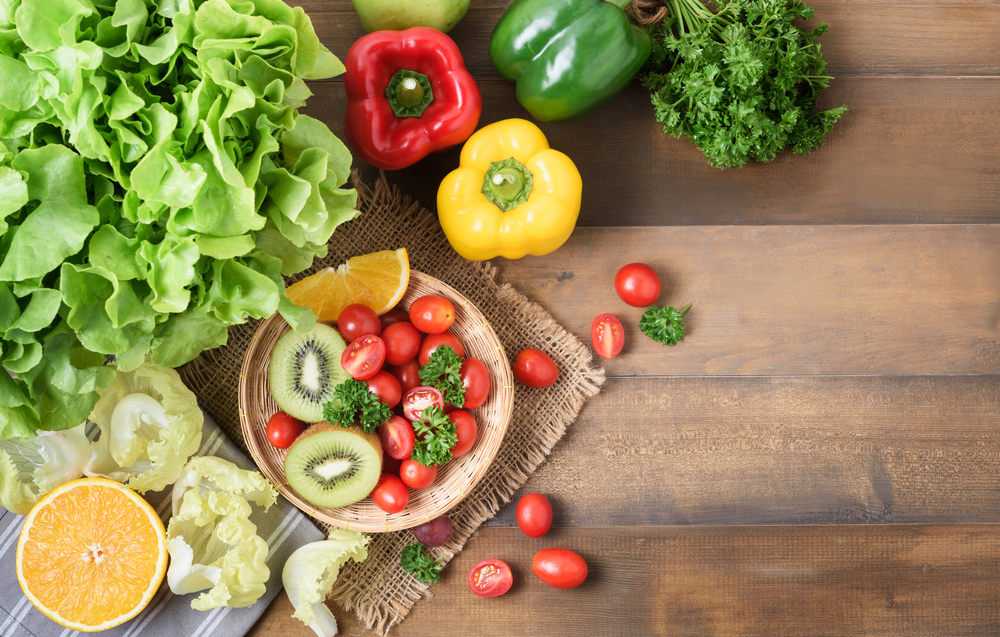
Many believe that fresh fruits and vegetables are always the healthiest option, but this isn’t necessarily true. Frozen and canned produce can be just as nutritious as fresh items. The freezing process preserves essential nutrients, often making frozen fruits and vegetables even more nutrient-dense. Additionally, canned goods can be a convenient and cost-effective alternative without sacrificing nutritional value, as long as they are not packed in sugary syrups or high-sodium solutions. Therefore, fresh, frozen, and canned produce can all be part of a healthy diet.
All Fat is Bad
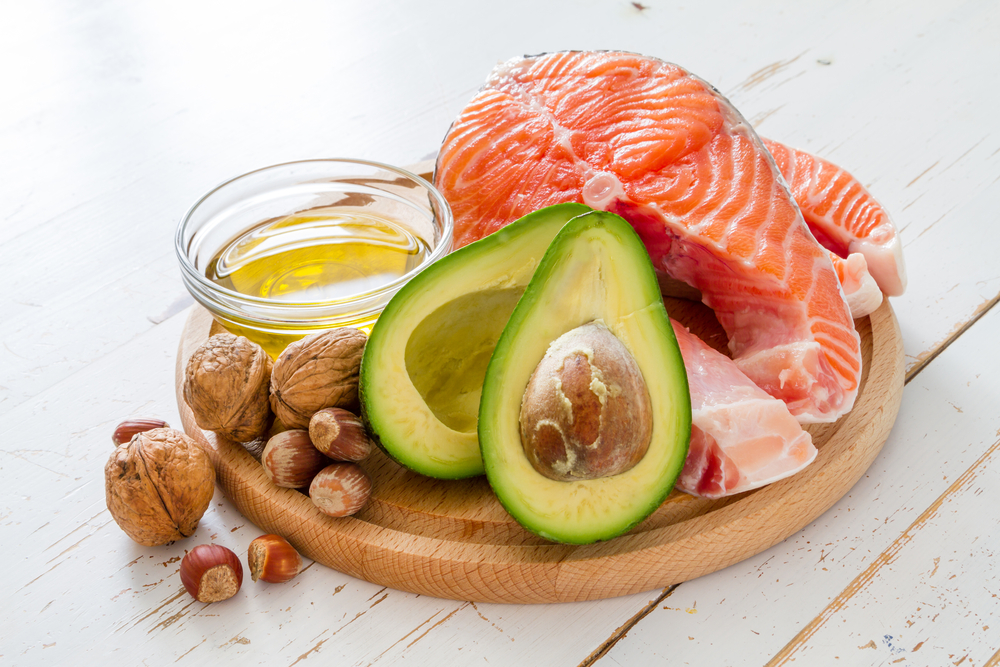
The notion that all fat is harmful is a common misconception. In reality, fats are essential nutrients that play crucial roles in body functions, such as hormone regulation and nutrient absorption. There are healthy fats, like those found in avocados, nuts, and olive oil, which can support heart health and reduce inflammation. However, trans fats and excessive saturated fats can increase the risk of heart disease. Thus, it’s important to differentiate between good and bad fats and include healthy fats in your diet.
Organic Food is Always Healthier
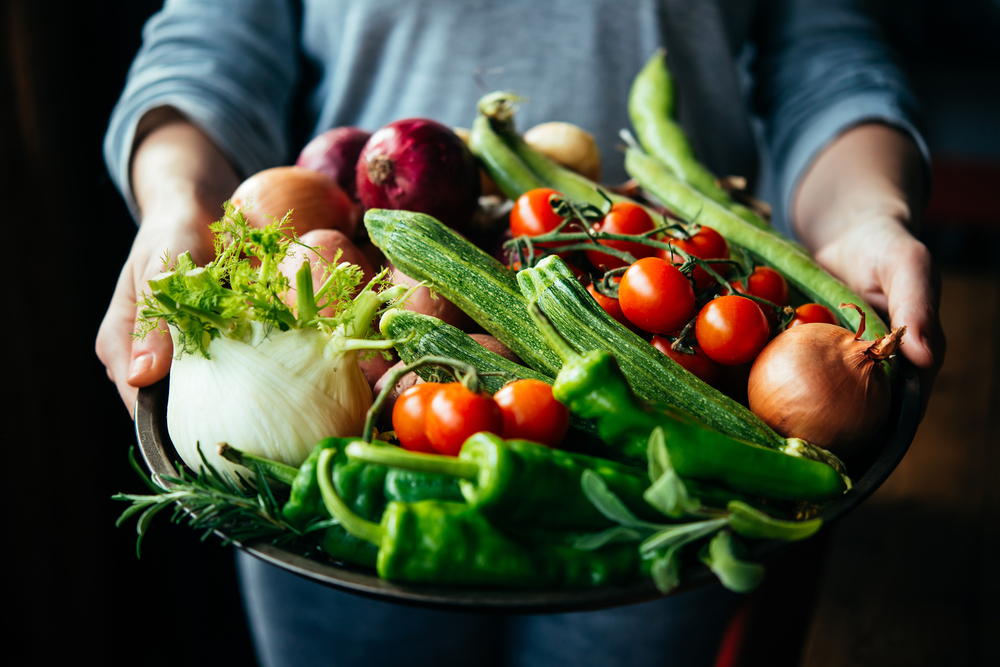
Many people assume that organic foods are inherently healthier than their conventional counterparts. While organic foods avoid synthetic pesticides and fertilizers, they do not necessarily have higher nutritional value. Studies have shown that the nutrient content of organic and conventional foods is similar. Moreover, organic farming still uses natural pesticides, which can sometimes be as harmful as synthetic ones. Therefore, organic foods are not always the superior choice in terms of health.
Carbs are the Enemy
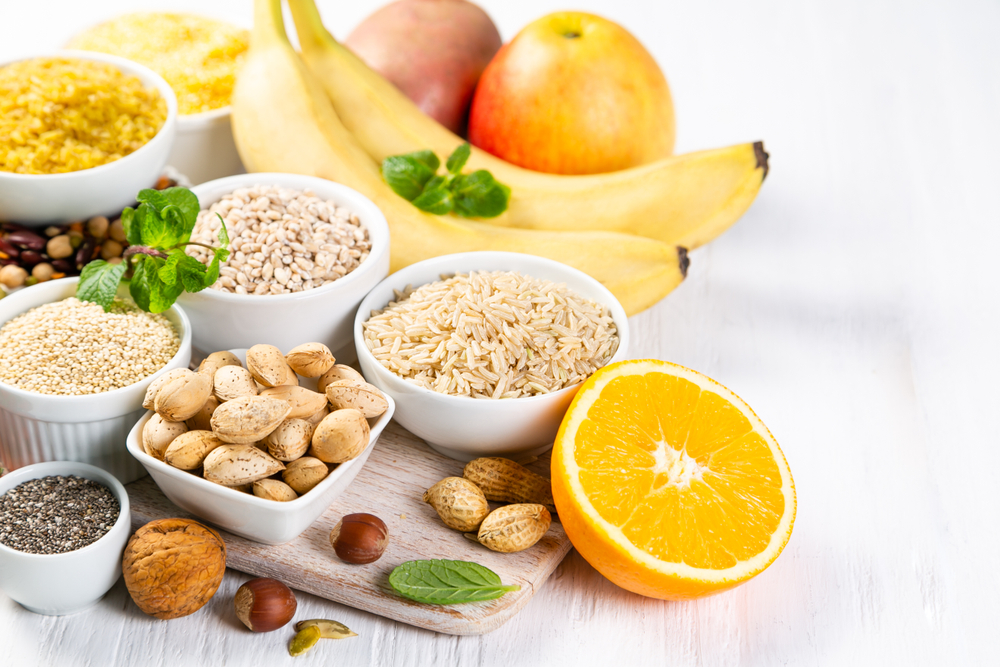
Carbohydrates often get a bad rap, especially in the context of weight loss. However, carbs are an essential energy source for the body and the brain. Whole grains, fruits, and vegetables are excellent sources of complex carbohydrates that provide essential nutrients and fiber. It’s the refined carbs, such as those found in sugary snacks and white bread, that should be limited. Consuming healthy carbs in moderation is essential for a balanced diet and overall well-being.
Eating After 8 PM Causes Weight Gain

A common myth is that eating late at night leads to weight gain. The truth is, weight gain is more about what you eat and how much, rather than when you eat. Late-night snacking can lead to weight gain if it involves high-calorie, low-nutrient foods and contributes to an excess of daily calories. However, eating a healthy, balanced snack in the evening does not inherently cause weight gain. Focus on maintaining a balanced diet and paying attention to your overall daily caloric intake.
You Should Avoid All Processed Foods
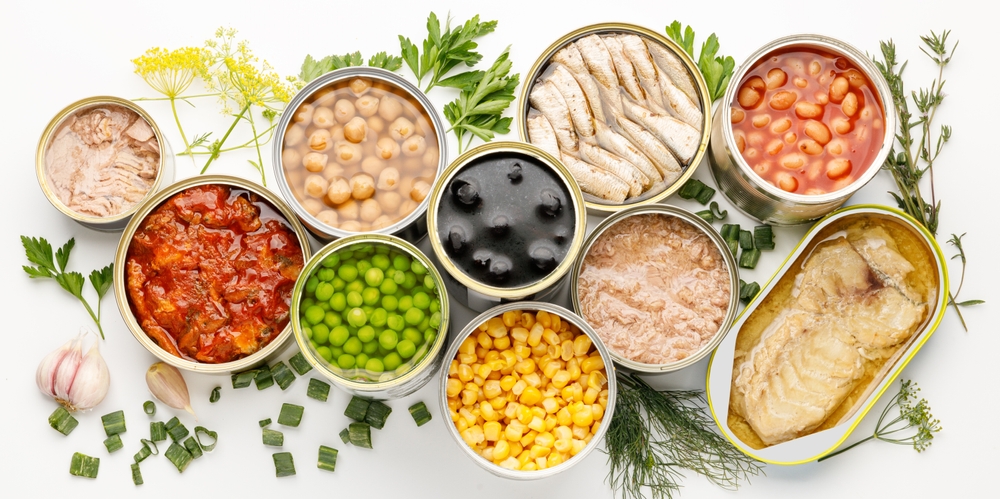
The term “processed foods” often has a negative connotation, suggesting that all processed foods are unhealthy. However, not all processed foods are created equal. Processing can range from minimal, such as washing and cutting vegetables, to extensive, such as adding preservatives and artificial ingredients. Minimally processed foods, like canned beans and frozen fruits, can be nutritious and convenient. The key is to focus on whole foods and minimally processed options while limiting highly processed items high in sugar, salt, and unhealthy fats.
Skipping Meals is a Good Way to Lose Weight

Skipping meals might seem like an effective way to cut calories and lose weight, but it can backfire. Missing meals can lead to overeating later in the day and a slower metabolism, as the body tries to conserve energy. It can also result in nutrient deficiencies and reduced energy levels. Instead of skipping meals, it’s better to eat regular, balanced meals and snacks that include a variety of nutrients to support a healthy metabolism and prevent overeating.
You Can’t Get Enough Protein From Plant-Based Foods
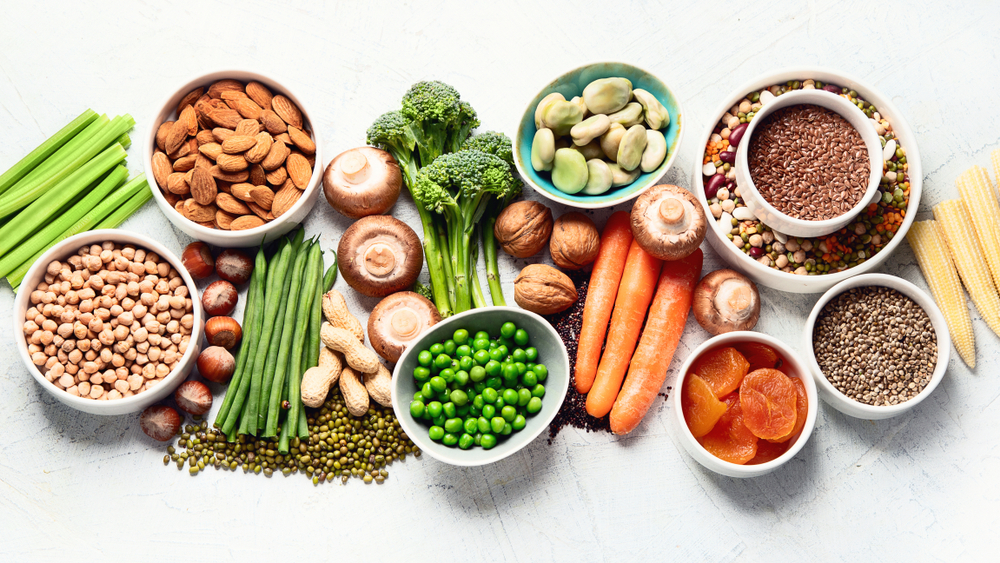
There’s a common misconception that plant-based diets lack sufficient protein. However, many plant-based foods are rich in protein, such as beans, lentils, tofu, quinoa, and nuts. Combining different plant proteins throughout the day can provide all essential amino acids. Plant-based diets can meet protein needs and support muscle growth, especially when carefully planned. Therefore, plant-based foods can be a viable source of protein for vegetarians and vegans.
Detox Diets Cleanse Your Body
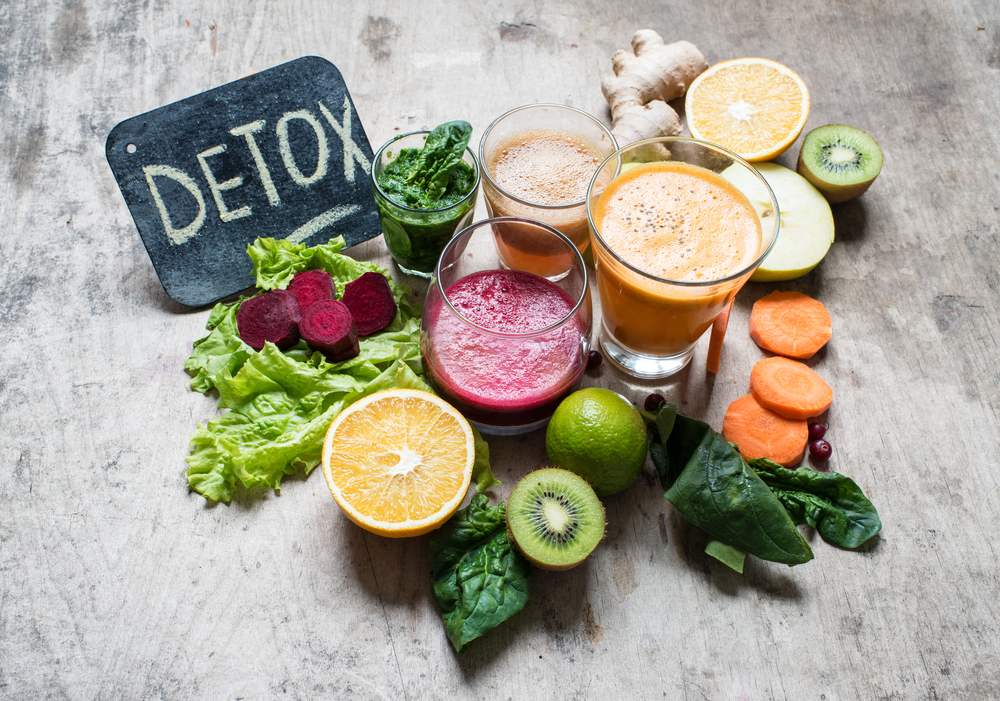
Detox diets promise to cleanse the body of toxins, but the body has its own efficient detoxification system involving the liver, kidneys, and digestive tract. These diets often lack scientific evidence and can be nutritionally inadequate. Instead of detox diets, focus on a balanced diet rich in fruits, vegetables, whole grains, and lean proteins to support your body’s natural detoxification processes. Staying hydrated and maintaining a healthy lifestyle is the best way to keep your body functioning optimally.
All Protein Shakes are Healthy
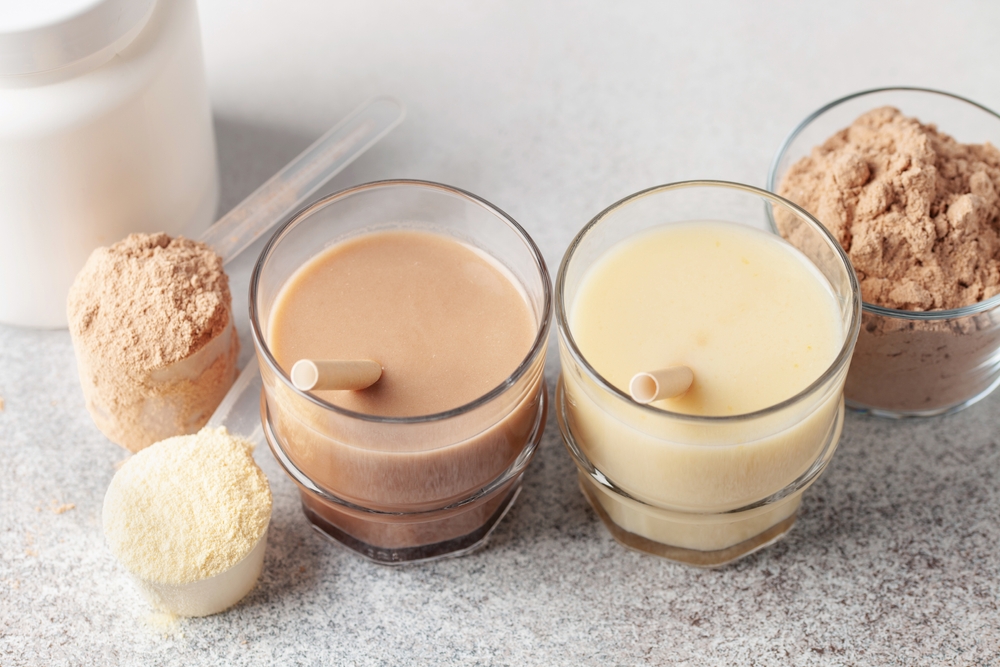
Not all protein shakes are created equal, and some can be unhealthy. Many commercial protein shakes contain added sugars, artificial flavors, and unhealthy fats. While they can be a convenient source of protein, it’s important to choose shakes with minimal ingredients and no added sugars. Alternatively, making your own protein shake with whole foods like fruits, vegetables, and a quality protein powder can be a healthier option. Always read labels and choose wisely.
A Gluten-Free Diet is Good for Everyone
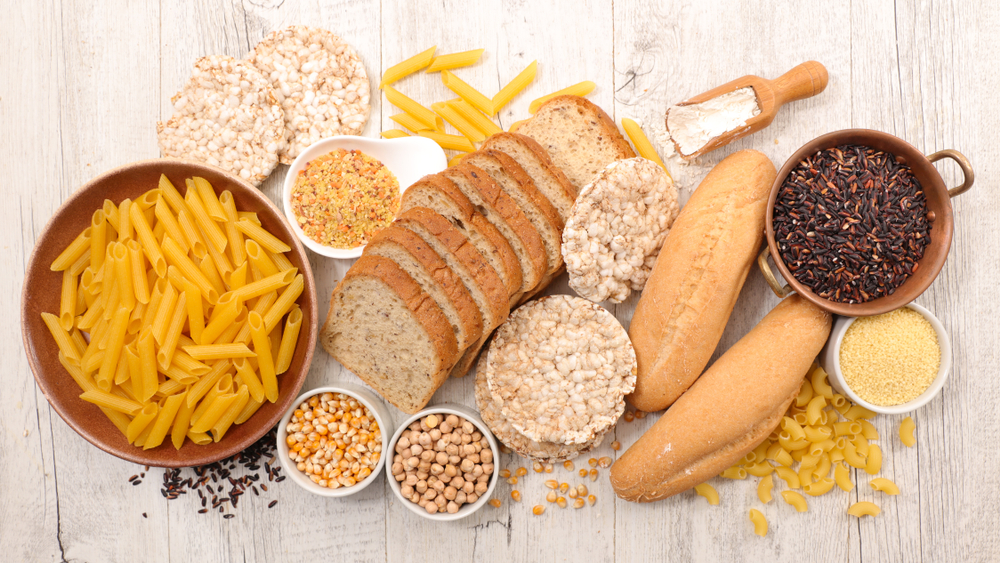
A gluten-free diet is essential for individuals with celiac disease or gluten sensitivity, but it is not necessarily healthier for the general population. Gluten-free products can be highly processed and lack essential nutrients found in whole grain products. For those without gluten-related disorders, consuming whole grains like wheat, barley, and rye can provide important nutrients and fiber. Adopting a gluten-free diet without medical necessity may not offer any health benefits and could lead to nutrient deficiencies.
This article originally appeared on RetailShout
More From RetailShout
20 Antioxidant-Rich Foods for Longevity
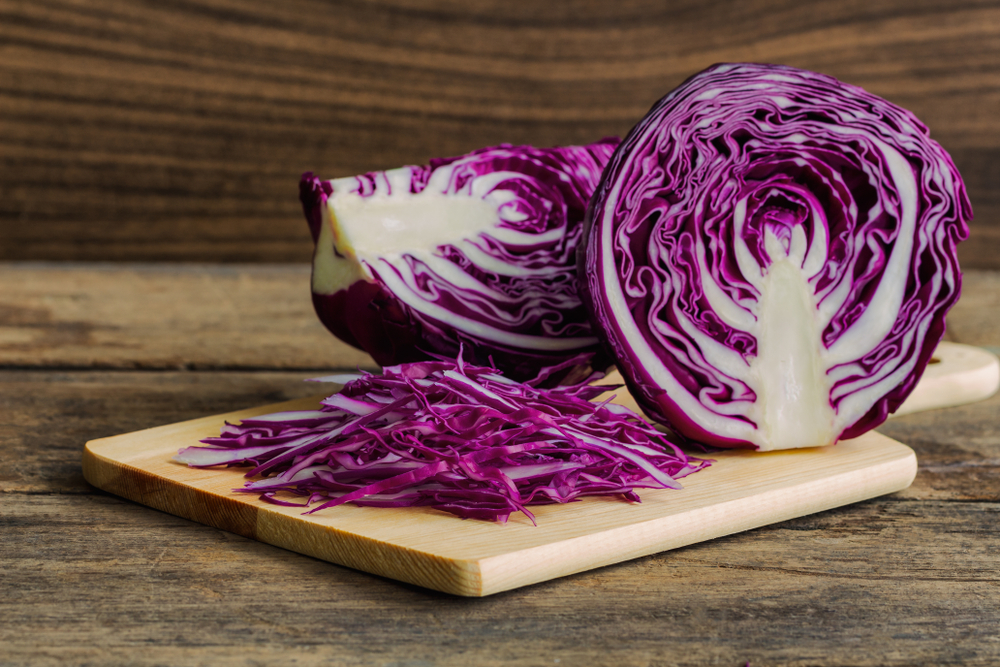
Health trends come and go faster than a TikTok dance challenge, but the popularity of antioxidants and their benefits remain timeless. These mighty compounds have been revered for their health benefits for centuries, battling oxidative stress and inflammation in our bodies. Read More.
11 Nostalgic Childhood Foods From Around The World
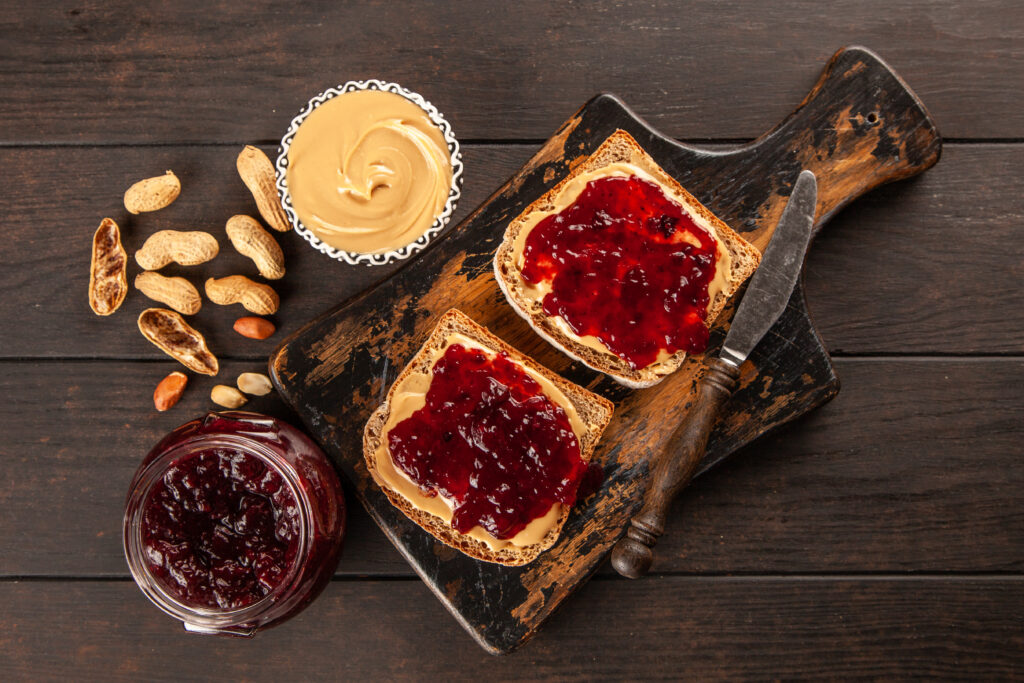
Food has a magical way of transporting us back to simpler times, especially those cherished meals and snacks from childhood. Across different cultures, kids grow up loving unique dishes that stay with them for a lifetime. Read More.
12 Creative Ways to Organize with Mason Jars

When it comes to organizing your home, mason jars are incredibly versatile and handy. They’re not just for canning anymore; you can use them in so many creative ways to tidy up every room. Read More.

